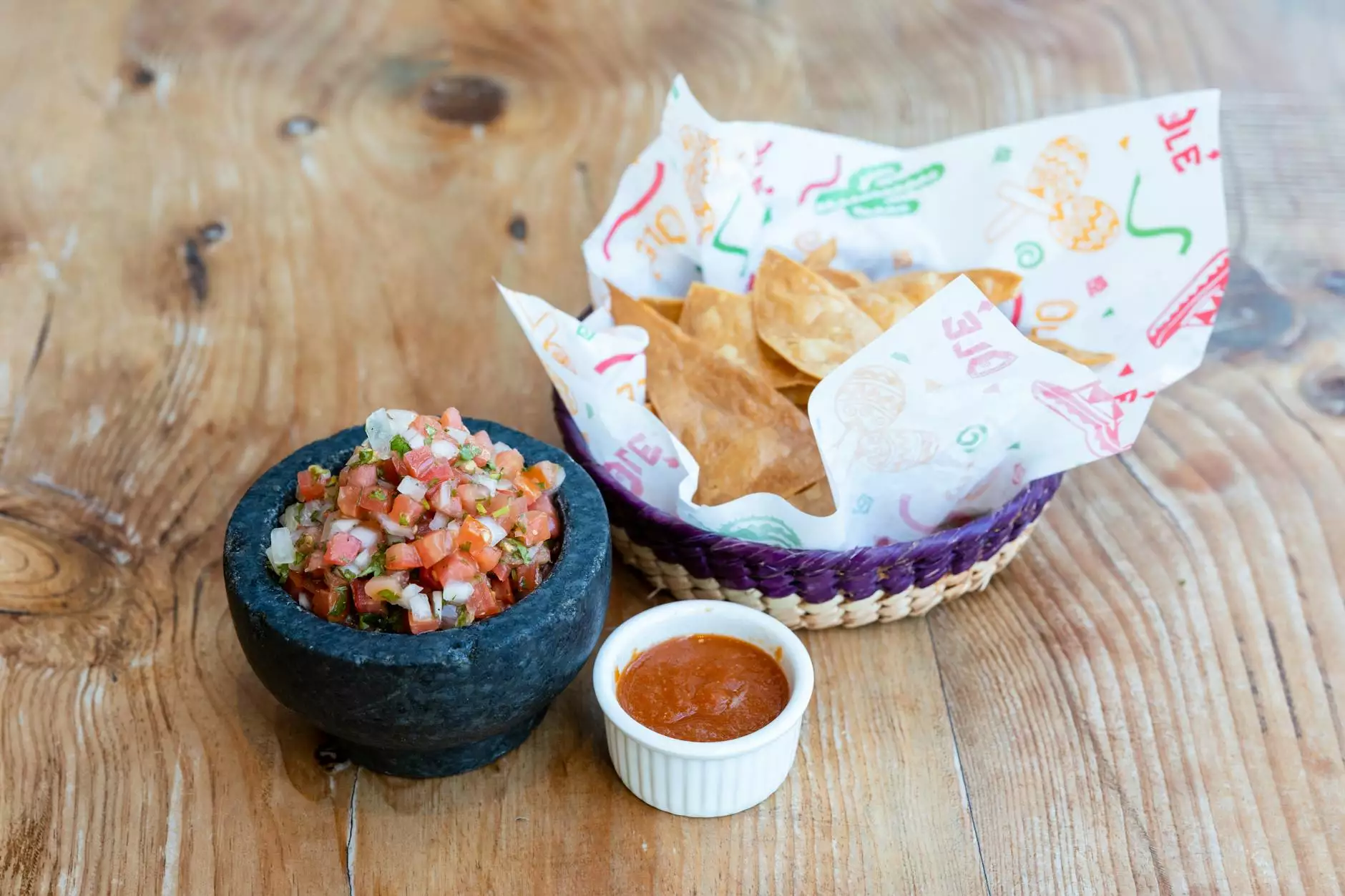Does Corn Gluten Kill Weeds? Exploring Organic Weed Control

As environmental consciousness grows, many gardeners and homeowners are seeking natural alternatives to chemical herbicides. One such natural product that has garnered attention is corn gluten meal. This organic byproduct of corn milling has piqued interest for its ability to control weed growth. In this article, we will delve into the science behind corn gluten, its effectiveness in weed control, and how you can incorporate it into your gardening practices effectively.
Understanding Corn Gluten Meal
Corn gluten meal is a natural herbicide that is a byproduct of corn processing. It is often used as a high-nitrogen fertilizer, but it also possesses herbicidal properties that can inhibit weed growth. When used appropriately, it can serve as an organic means of controlling unwanted plants in lawns and gardens.
What Makes Corn Gluten Effective?
The primary mechanism by which corn gluten meal works to prevent weeds involves its content of natural germination inhibitors. When applied to soil, corn gluten creates a barrier that disrupts the germination process of many weed seeds. Specifically, it affects the process of seed germination by:
- Inhibiting root development: Corn gluten meal contains certain proteins that can halt the development of new roots in germinating seeds.
- Disrupting cellular processes: The active compounds in corn gluten interfere with the natural growth hormones necessary for seedling development.
- Preventing nutrient absorption: The presence of corn gluten in the soil can prevent newly germinating weeds from accessing essential nutrients.
Application Timing and Method
To effectively utilize corn gluten as a weed control strategy, it is essential to apply it at the right time. The best time to apply corn gluten meal is in early spring, just before the weeds start to germinate. Timing is crucial because corn gluten does not kill existing weeds; rather, it prevents new weeds from taking root.
Steps for Application:
- Prepare your garden or lawn: Mow your lawn and remove any existing weeds to ensure the corn gluten meal works on bare soil.
- Spread even layers: Use a broadcast spreader to apply a thin, even layer (approximately 20 pounds per 1,000 square feet) of corn gluten meal over the target area.
- Water it in: Following application, it is crucial to water the area lightly to activate the germination inhibitors in the corn gluten.
- Repeat as necessary: For prolonged effect, you can reapply corn gluten every 6-8 weeks during the growing season.
Advantages of Using Corn Gluten Meal
There are numerous benefits to using corn gluten meal as an organic weed control method:
- Non-toxic: Corn gluten meal is safe for pets, children, and beneficial insects, making it an excellent choice for organic gardening.
- Nutrient-rich: In addition to its herbicidal properties, corn gluten meal serves as an organic fertilizer, providing necessary nitrogen to your plants.
- Environmentally friendly: Using corn gluten reduces reliance on synthetic chemicals, promoting a healthier ecosystem.
Limitations to Consider
While corn gluten meal is beneficial, it does come with some limitations:
- Effectiveness on established weeds: It's important to note that corn gluten does not kill existing weeds; it only works on seeds that have yet to germinate.
- Application timing is critical: If applied too late in the season, it may not prevent weed growth effectively.
- Varied results: The effectiveness of corn gluten meal can vary depending on the type of weeds and specific environmental conditions.
Conclusion: Harnessing the Power of Corn Gluten in Your Garden
In conclusion, the question “does corn gluten kill weeds?” finds its answer in the nuances of gardening practices. While it doesn't kill existing weeds, when applied correctly, corn gluten meal can be a potent ally in preventing weed germination and thereby reducing competition for nutrients and water in your garden. Its multi-faceted benefits as both a weed control and a natural fertilizer make it a coveted choice for environmentally conscious gardeners.
Explore More at Friendly Organics Canada
If you're interested in exploring more about organic gardening solutions, visit Friendly Organics Canada. You will find a wide array of organic products, including specialty foods and health products tailored to support your commitment to sustainable living.
Frequently Asked Questions
Can corn gluten meal be used on all types of plants?
While corn gluten meal is safe for most plants, it is advisable to check individual plant responses, especially seedlings and sensitive species.
How often can I apply corn gluten meal?
You can apply corn gluten meal every 6-8 weeks during the growing season for optimal results.
Does corn gluten meal affect beneficial plants or insects?
No, corn gluten meal is non-toxic and will not harm beneficial plants or insects when used properly.
Is corn gluten meal suitable for vegetable gardens?
Yes, it is suitable for vegetable gardens, as long as it is applied at the right time before the weeds start to germinate.









